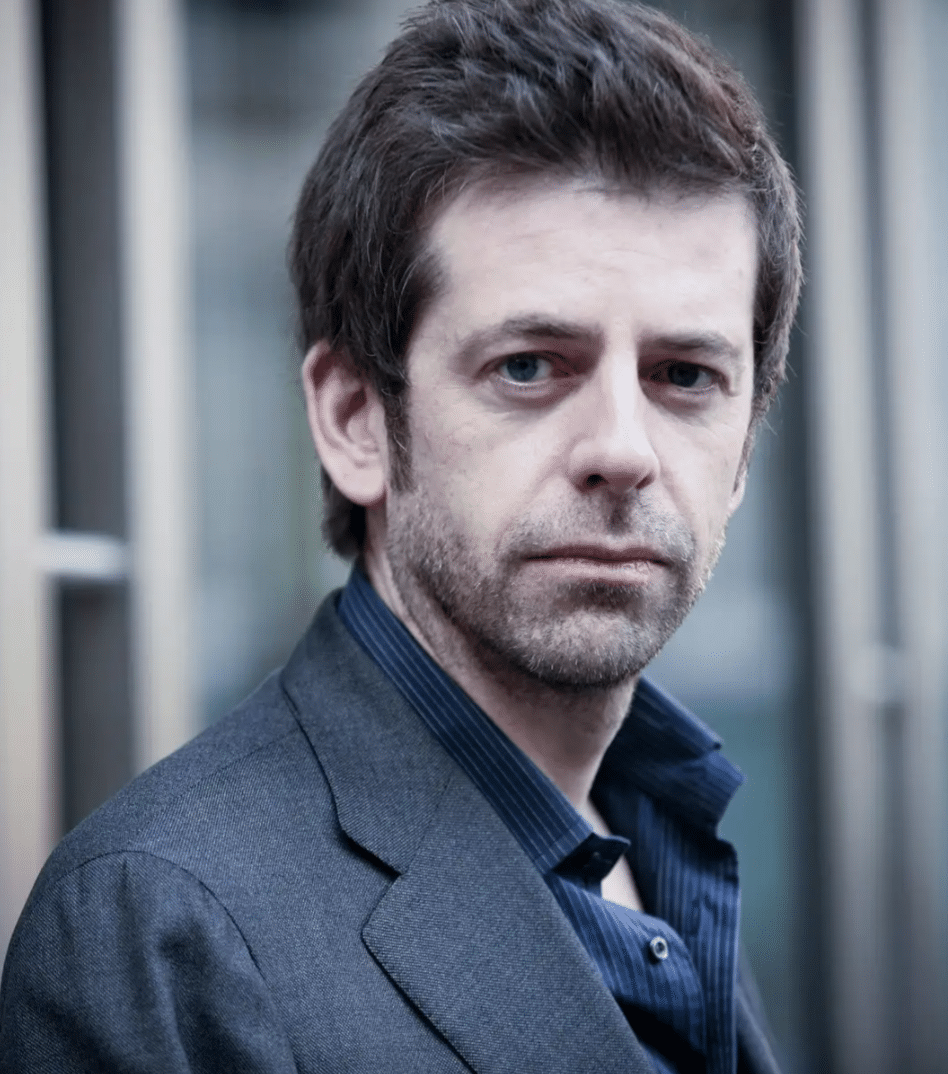France has one of the most generous pension systems in the world. However, it is tending to collapse as it becomes less and less viable, faced with major challenges. Among them: the increase in life expectancy, the increase in the number of retirees and the decrease in the number of contributors.
As David Lacombled argues in his video “Towards a new social contract“, it is crucial to rethink the social contract and to find new and innovative ways to face these challenges.
It is therefore important to consider retirement from a broader perspective by asking the question of the new social contract and innovative solutions such as the universal wage.
Career transition and training throughout one’s career is a major issue in a society where careers are no longer linear, in the realities of a fragmented market.
More and more people are looking to retrain along the way, whether for personal or professional reasons. Indeed, today’s workers are no longer tied to a profession for life, but rather seek lifelong learning and the exploration of new professional opportunities.
As developed in his video, the new social contract is to allow everyone to train throughout their lives and to benefit from financial assistance for professional retraining.
“And when I talk about a new social contract, we have to take into account the reality of a fragmented market today where careers are no longer linear, where I want to be able to train throughout my life.”
This assistance could be financed by society and would be repayable by the beneficiary, in the form of a commitment to work or to give back to society.
An approach that would allow everyone to make life choices in complete freedom, without being penalized by youthful choices or mistakes or by a change of course.
As for the universal wage, this proposal is controversial, but it has the merit of putting forward the question of the subsistence of each person.
David presents it to us in his video, the principle is simple:
“When we talk about a universal wage it’s the possibility of putting all the supports in one place and having a fixed remuneration per citizen, regardless of their level, their salary, but having a nest egg that allows them to move forward with a free mind and at a time when we can see that productivity gains are going to be more and more difficult to obtain.”
In exchange for this universal salary, citizens could be encouraged to engage in training or volunteer work to contribute to the common good. This approach would therefore be more than a simple means of guaranteeing a living, it would also be a tool to encourage civic engagement and solidarity.
The question of pensions is complex and requires a profound reflection on the future of our society.
The new social contract proposed here, which emphasizes the possibility of professional retraining throughout a citizen’s life, and the proposal for a universal salary, which emphasizes the question of subsistence for everyone, are two interesting avenues to explore and test.
